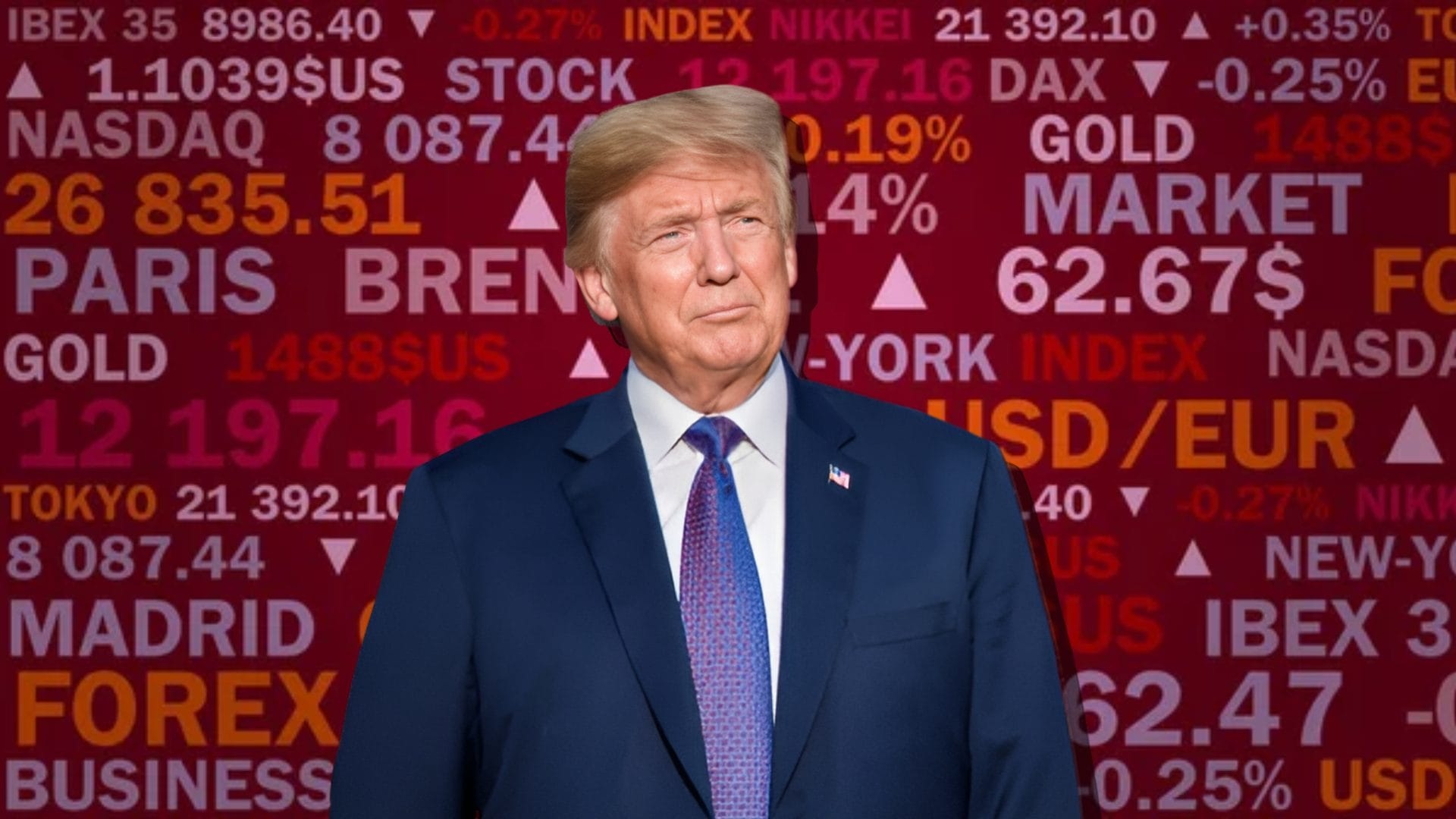U.S. President Donald Trump announced on Saturday that the United States will impose a 30% tariff on imported goods from both the European Union and Mexico, with the new trade policy set to take effect on August 1.
The announcement was made via letters posted on his social media platform, Truth Social, signaling a hardline shift that has rattled international trade partners and heightened fears of a renewed trade war.
In a letter addressed to Mexico’s president, Trump acknowledged Mexico’s cooperation in controlling the movement of undocumented migrants and curbing the flow of fentanyl into the U.S.
However, he contended that these efforts had fallen short, criticizing Mexico for allowing North America to increasingly resemble a “Narco-Trafficking Playground.”
Turning to Europe, Trump’s message to EU leaders was equally blunt.
He cited years of lopsided trade relations and accused the EU of maintaining policies that have created persistent trade imbalances through both tariff and non-tariff barriers.
“We have had years to discuss our trading relationship with the European Union, and we have concluded we must move away from these long-term, large, and persistent trade deficits,” Trump wrote.
He criticized the EU’s approach to trade as “far from reciprocal.”
The decision to implement a steep 30% tariff, significantly higher than the 10% rate many anticipated, has thrown a wrench into ongoing negotiations with European leaders.
The EU had been hopeful that recent discussions, led by European Trade Commissioner Maroš Šefčovič, would result in a more moderate agreement that could ease tensions.
However, this latest development has caught many by surprise and threatens to derail progress toward a finalized trade deal.
The implications for European exports are considerable.
Goods with narrow profit margins, such as Italian olive oil, Belgian chocolate, and Irish butter, are especially vulnerable.
The higher tariff is likely to push prices beyond what many U.S. consumers are willing to pay.
This escalation may prompt retaliatory measures from Brussels, increasing the risk of a full-scale trade war.
Adding to the complexity is the nature of the current EU-U.S. trade framework, which remains an agreement in principle rather than a legally binding contract.
Sources familiar with the process revealed that the draft agreement presented to EU ambassadors earlier this week was only three pages long and addressed high-level commitments without detailed legal provisions.
The European Union is expected to push for a reopening of negotiations.
Officials in Brussels reportedly view Trump’s announcement as a pressure tactic intended to extract further trade concessions.
Trump has long been critical of the EU’s trade stance, once famously labeling it “nastier” than China in its approach to economic diplomacy.
Any final deal would need to be transformed into a formal legal document for registration with the U.S. government—a process fraught with logistical and political hurdles.
Recent experience with the United Kingdom highlights these challenges:
it took seven weeks for a UK-U.S. trade agreement to be registered, and even then, it failed to include some key concessions, such as a reduction in tariffs on British steel exports.
Trump’s announcement capped a week of uncertainty in EU-U.S. trade relations.
On Monday, he extended the negotiation deadline to August 1, raising hopes that further dialogue might yield compromise.
But by Tuesday, Trump had indicated that a new tariff rate would be delivered to the EU within 48 hours.
In this, he cited a shift in European attitudes, from “very tough” to “very nice” though diplomats remain unsure whether this signals progress or posturing.
Despite continued communication between Trump and EU negotiators, there is a growing perception that his administration is dissatisfied with European policies.
This is particularly regarding U.S. technology firms operating within the bloc.
Critics argue that the tariffs may be part of a broader strategy to pressure the EU on digital trade rules, not just traditional goods.
As the August deadline approaches, both the European Union and Mexico face difficult decisions.
Whether they will engage in further talks or respond with retaliatory measures remains uncertain, but one thing is clear: Trump’s tariff announcement has reignited significant global trade tensions.
There are potential ripple effects across multiple sectors and economies.







